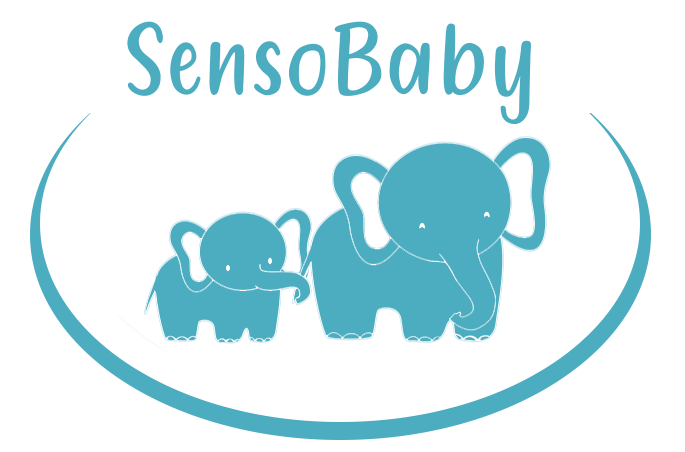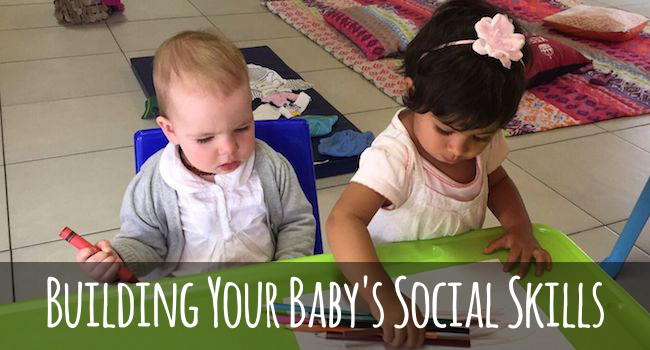Right from birth, babies start to develop their social skills and build relationships with the people around them. But the process of learning to communicate, share, and interact with others takes many years to develop. They’ll build their social-emotional skills not just as infants and children but well into their teenage years and even young adulthood.
Relationships in the Early Months
Between the ages of 0-3 months, your baby will be comforted by a familiar adult, respond positively to touch and quiet when picked up, and smile and show pleasure in response to social stimulation.
As your baby grows, she’ll start to give warm smiles and laughs, recognise faces, and show excitement by waving arms and legs. She’ll start to notice a difference between two people based on the way they look, sound or feel.
By the time your baby is 9 months, your baby will respond to you when you talk to her and show more comfort around familiar people, and anxiety around strangers. This is when your baby will really start to develop socially and become more aware of the people around her.
When Your Baby Starts to Play With Others
While babies are fascinated with other people – and in particular other babies – they don’t really play together until later on. Children between 1 and 2 years engage in “parallel play”, where they play side by side with another child but don’t really interact other than perhaps to grab a toy. True playing, where kids do an activity together doesn’t start until around 2 years.
Knowing this, it can be hard when you see your child snatch a toy from another child or – on the flip side – when you hear your baby wail in sadness at losing something they were playing with.
Teaching our babies to play nicely with others can be a constant battle. We want them to be kind to others and share their toys, but we also want them to have the strength of character and confidence to stand up for themselves if needed.
The best thing you can do is remember that your baby understands more than you think. Talk to your toddler and encourage her to come up with solutions themselves. “How do you think James felt when you took his ball away?” “How does it make you feel when people take YOUR cars?” “You and James both want to play with the train, how could we make it fair for you both?”
The Most Useful Lesson About Playing With Others
In our experience there’s one key thing for babies to learn early on that will teach them how to play nicely with others. Teaching our babies about taking turns when they’re young is really useful and teaches children essential skills we need later in life like waiting for others and considering their needs.
You can start this by doing activities in turns during playdates or SensoBaby classes. For instance, have your child and another take turns going down the slide, or passing a ball to one person then another. The more you help your child learn this, the more it will become second nature for them as they grow up.
When a Child Is Hitting or Biting
As your child gets older and starts to play more with others, you may go through a stage of having a biter or hitter in your midst. Often toddlers do this to get attention or show off the big emotions that they’re dealing with.
The best way to respond in the moment is to reprimand your baby briefly, for example, “No I won’t let you bite because that hurts” then immediately turn to the victim and give that child lots of care and attention. The message must be very clear that biting doesn’t win the biter anything.
Ultimately, how our children learn to deal with differences and resolve conflict will come from how we act. Our response to their actions, or how we react to situations we’re in, will set positive examples for our children.
If children see their parents play nicely and being respectful of others, they will model that behaviour. So take the time and think about what life skills you want to pass down to your children and model that behaviour in the moment.

